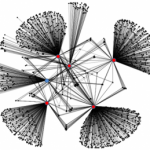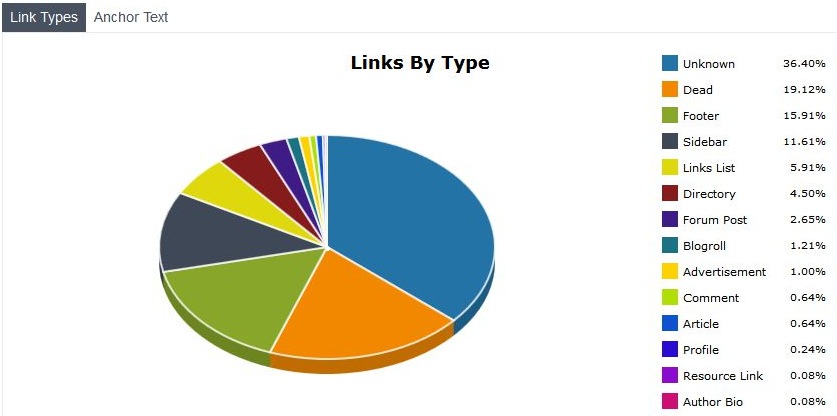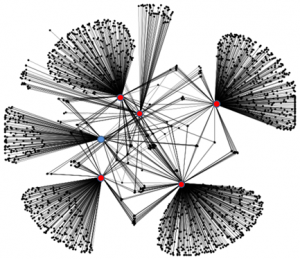Improve backlink profile, avoid Google Penalty

How can you improve your backlink profile before a new Google update arrives under the motto “prevention is better than cure”!
Google started the Penguin updates in April 2012. There were 2 minor updates in May and October 2012, and now the Google Penguin 2.0 update is expected shortly. Spammy websites will now be tackled even harder in an attempt to provide even better search results to users of the Google search engine. To prevent your website from dropping in search results, we provide a number of tips below.
Provide backlinks and quality content
The new Penguin update will severely punish web spam. Sites with a low-quality backlink profile are at high risk. A backlink is a kind of reference to your site, and it should be relevant and from a reliable source. In such a case, there is a chance that Google will also judge your website as web spam. Firstly, you must of course ensure high-quality content, because quality is what Google wants to offer its users. Google will measure the quality of your content based on time on page, number of shares and comments on your posts. In addition, make sure that you do not have duplicate content on your site and that you avoid stuffing your texts with as many keywords as possible. You have control over the quality of your own site. The quality of sites that link to you is not. Therefore, be extra careful with link building.
Analyze backlink profile and adjust if necessary
What should you do now to make and keep your backlink profile healthy? The first thing you need to do is analyze your backlink profile with, for example, Ahrefs.com, Link Explorer, SEO Spyglass, MajesticSEO of Raven Tools. You should try to remove or adjust low-quality links.
You can recognize backlinks from low-quality pages by:
- Low Domain and Page Authority (Quality Factor developed by SEOMoz)
- Low AC Rank (Quality Factor developed by Raven Tools)
- Low Citation Flow & Trust Score according to Majestic SEO’s standard
- Sites with a very high Alexa rank (and therefore few visitors).
- Low Page Rank
- No relevance with your niche
- Your overall impression of the quality of the site (design, content, etc.) is below average
- The website contains “site wide links” (links that appear on every page) or blog roll links (links on the side of the site that often appear on every page)
- Avoid backlinks from websites that are set up solely for SEO reasons, the sites should contain content that is interesting to visitors.
- Try to vary your anchor texts
- Make sure you don’t have backlinks from sites or pages that are about gambling or eroticism
- Avoid backlinks from sites that are new (unless they are still growing)
- Avoid backlinks from sites on the same server (these sites have an IP address or C-Class that partially matches)
- Make sure that the vast majority (more than 80%) of your backlinks consist of backlinks from the target area, i.e. with an IP address from the Netherlands if you want to score in Google.nl and the language on your site is Dutch.
- Ensure an even better, varied link profile by obtaining different types of backlinks. You can check this carefully by downloading your backlink profile in a CSV file from Open Site Explorer and then loading it into Link Detective. You can see the approximate result you will get below.

How to remove low quality backlinks?
As mentioned above, there are various online tools available with which you can check your backlink profile. My tip is to list all the bad links in a spreadsheet and go through them one by one and contact the webmaster with a request for adjustment or removal, possibly for a fee if the link is terrible or the budget allows this.
Of course, there is never a guarantee that all bad backlinks to your site will be removable or editable. Therefore, make sure in the first instance that you never create bad links and if you outsource your SEO that you go with a reliable SEO company with a proven portfolio and verifiable reviews. You can also ask your SEO company where they get their backlinks from and how they create a good link profile. If your link profile looks neat and does not contain any spammy links, then you don’t have to worry and can probably look forward to the Google Penguin 2.0 update unless you fall among the innocent victims because they are also there when the broom is swept through the algorithms.



